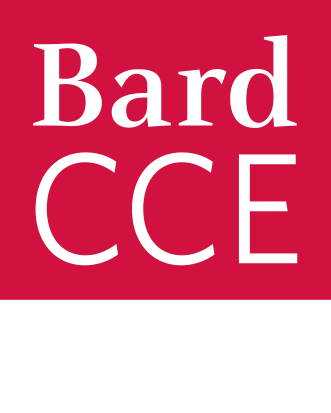Bard College earned the Carnegie Classification for Community Engagement for its commitment to connecting higher education and civic life.
About the Carnegie Classification
The Carnegie Foundation's Classification for Community Engagement is an elective classification, meaning that it is based on voluntary participation by institutions. The elective classification involves data collection and documentation of important aspects of institutional mission, identity and commitments and requires substantial effort invested by participating institutions.
The classification is not an award. It is an evidence-based documentation of institutional practice to be used in a process of self-assessment and quality improvement. In this way, it is similar to an accreditation process of self-study. The documentation is reviewed by a National Review Panel to determine whether the institution qualifies for recognition as a community engaged institution.
The classification is not an award. It is an evidence-based documentation of institutional practice to be used in a process of self-assessment and quality improvement. In this way, it is similar to an accreditation process of self-study. The documentation is reviewed by a National Review Panel to determine whether the institution qualifies for recognition as a community engaged institution.
Duhita Das ’21 at the Bard College Women and Leadership Conference.
Photo by Eliza Watson ’21
Photo by Eliza Watson ’21
“Exemplary institutionalized practices of community engagement”
Bard is among a select group of institutions to earn the classification in 2020.
The classification recognizes excellent alignment among campus mission, culture, leadership, resources, and practices that support dynamic and noteworthy community engagement. Bard was noted for its “exemplary institutionalized practices of community engagement.”
The classification recognizes excellent alignment among campus mission, culture, leadership, resources, and practices that support dynamic and noteworthy community engagement. Bard was noted for its “exemplary institutionalized practices of community engagement.”
Election@Bard student leaders help their peers get out the vote.
Bard by the Numbers
Liberal Arts as Community Engagement
Bard has expanded beyond the boundaries of a traditional college campus, extending liberal arts and sciences education to communities in which it has been underdeveloped, inaccessible, or absent.
Program Snapshots
Higher Education + Civic Participation
Bard stands apart from many colleges in its presence and impact in challenging locations, and its commitment to the link between higher education and civic participation.
Students present historical research on campus as part of Professor Myra Young Armstead's Inclusion at Bard ELAS course.
Engaged Liberal Arts and Sciences Courses
Connecting Classroom Theory with Civic Engagement
Engaged Liberal Arts and Sciences (ELAS) is a nondivisional interdisciplinary program stitched into the fabric of courses taught at Bard College. Students enrolled in ELAS courses work with different geographies, organizations, and programs in local communities, or in the communities where Bard’s national and international partners are based.
Engaged Liberal Arts and Sciences (ELAS) is a nondivisional interdisciplinary program stitched into the fabric of courses taught at Bard College. Students enrolled in ELAS courses work with different geographies, organizations, and programs in local communities, or in the communities where Bard’s national and international partners are based.
The Liberal Arts and Civic Engagement Around the Globe
Bard is a founding partner of the Open Society University Network
OSUN is a global network that integrates learning and the advancement of knowledge across geographic and demographic boundaries, promotes civic engagement on behalf of open societies, and expands access of underserved communities to higher education.



